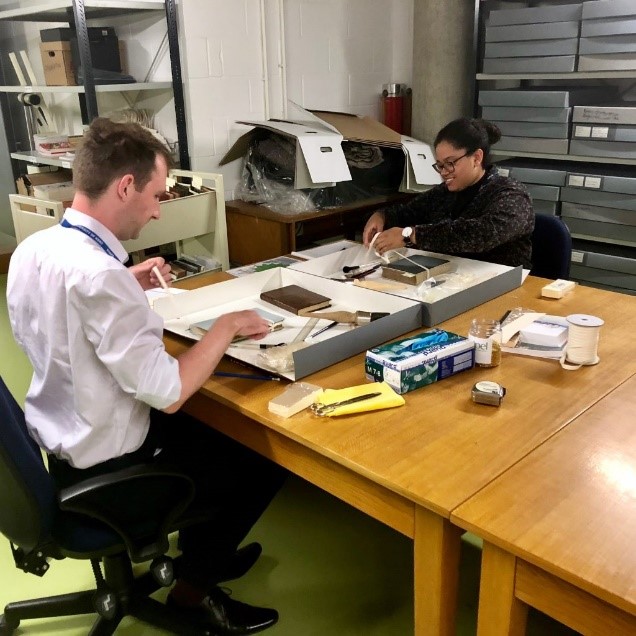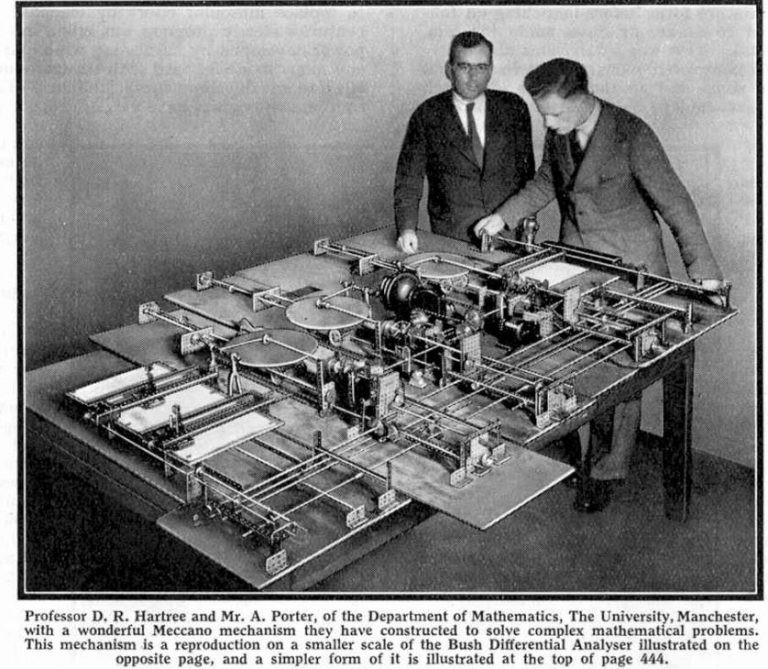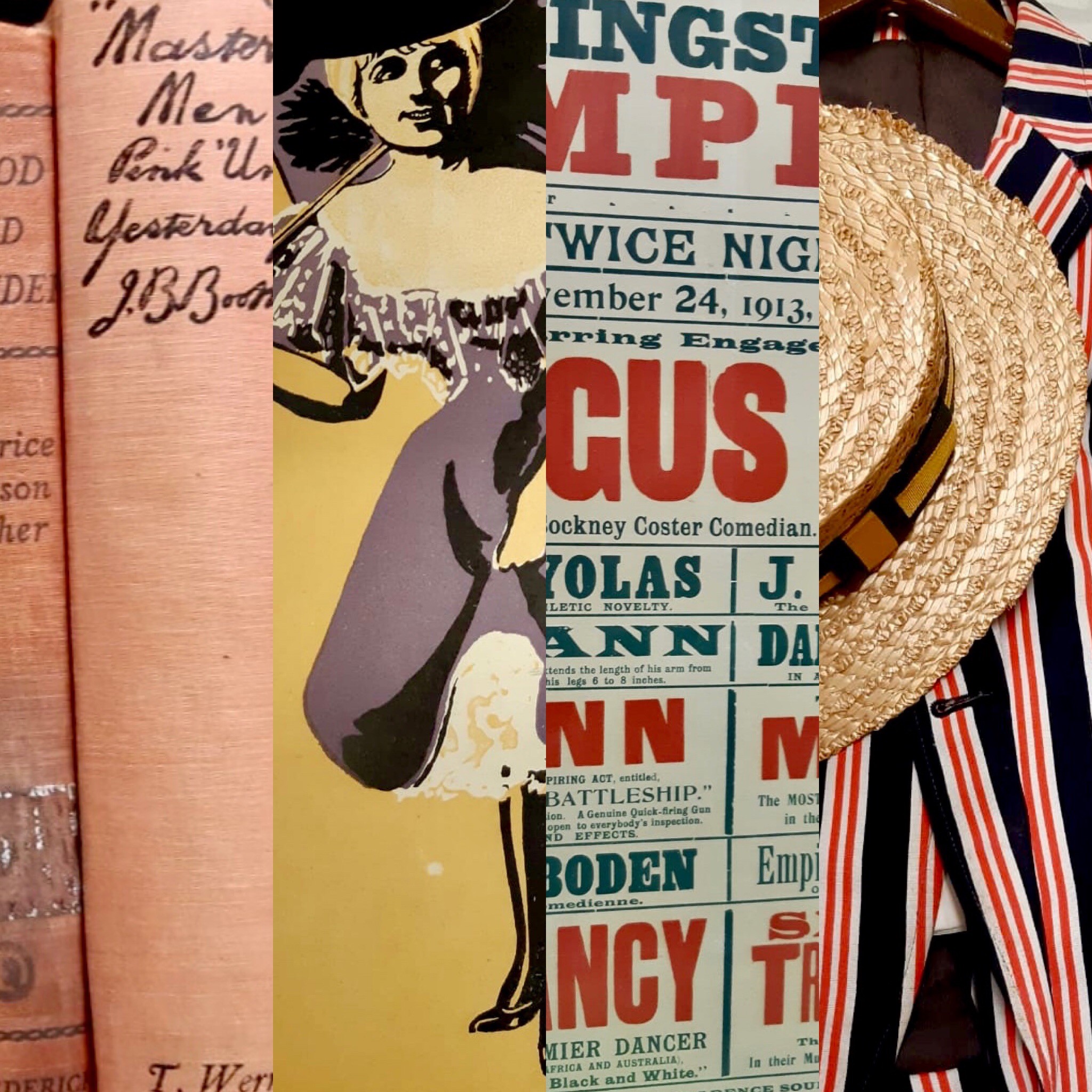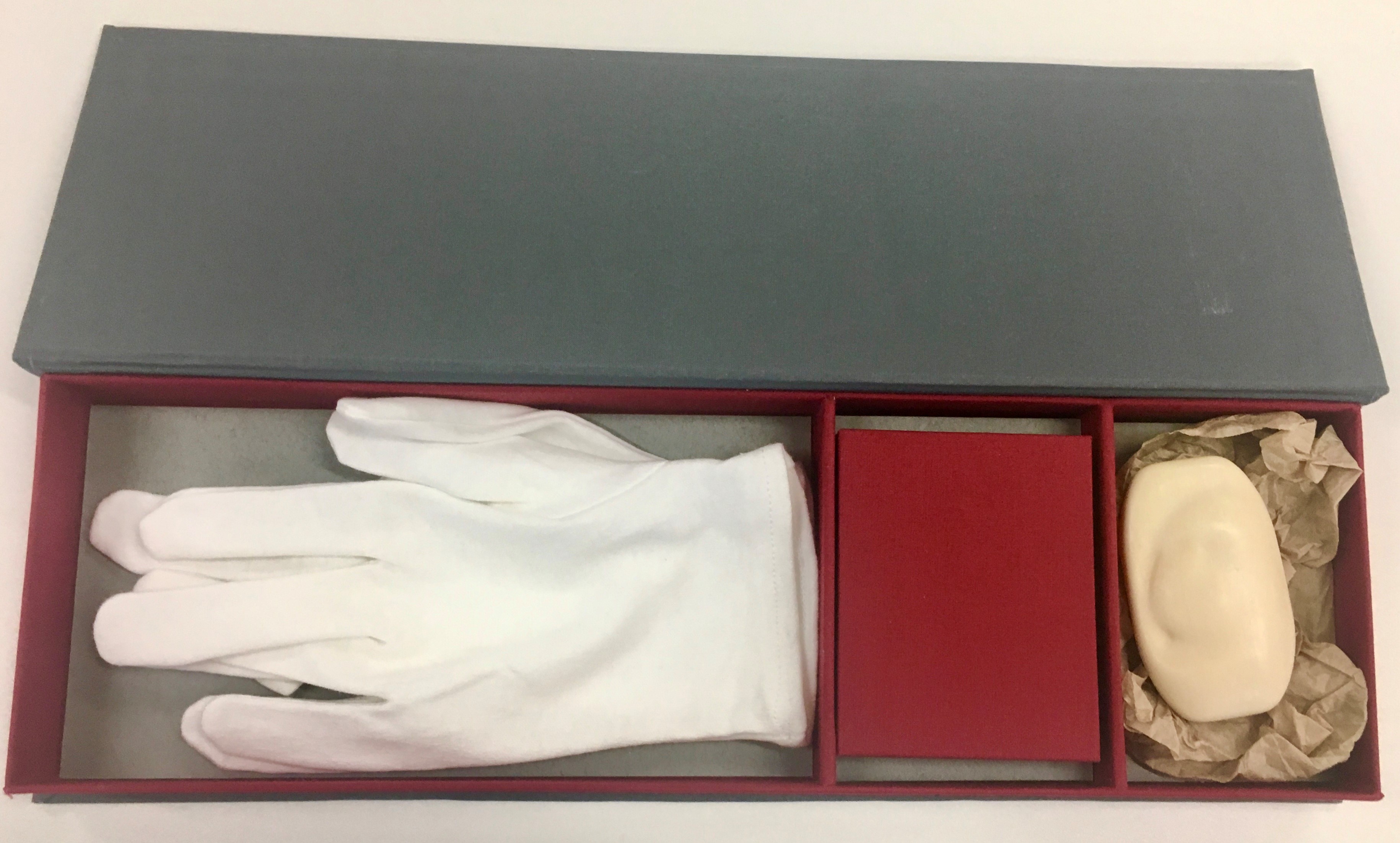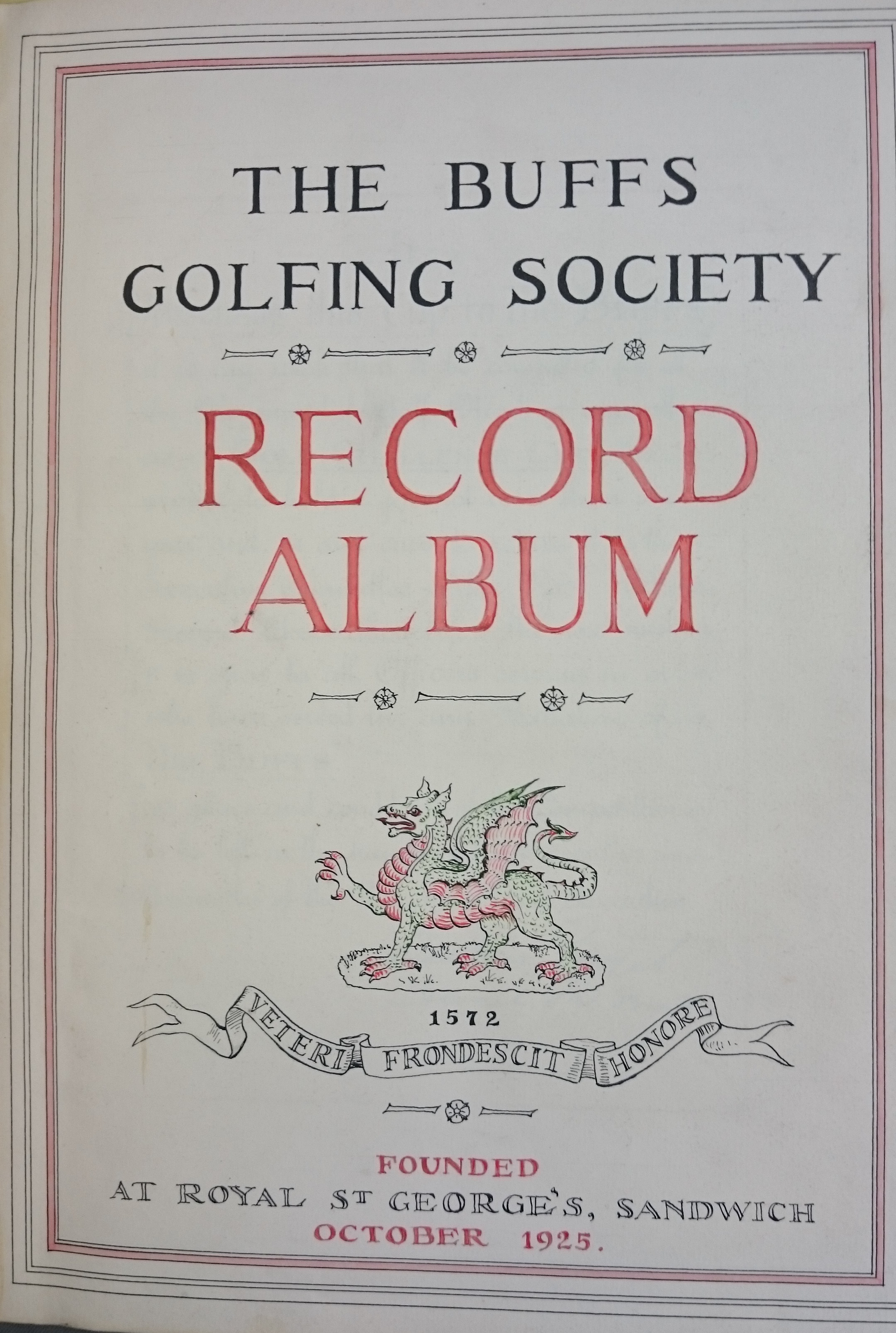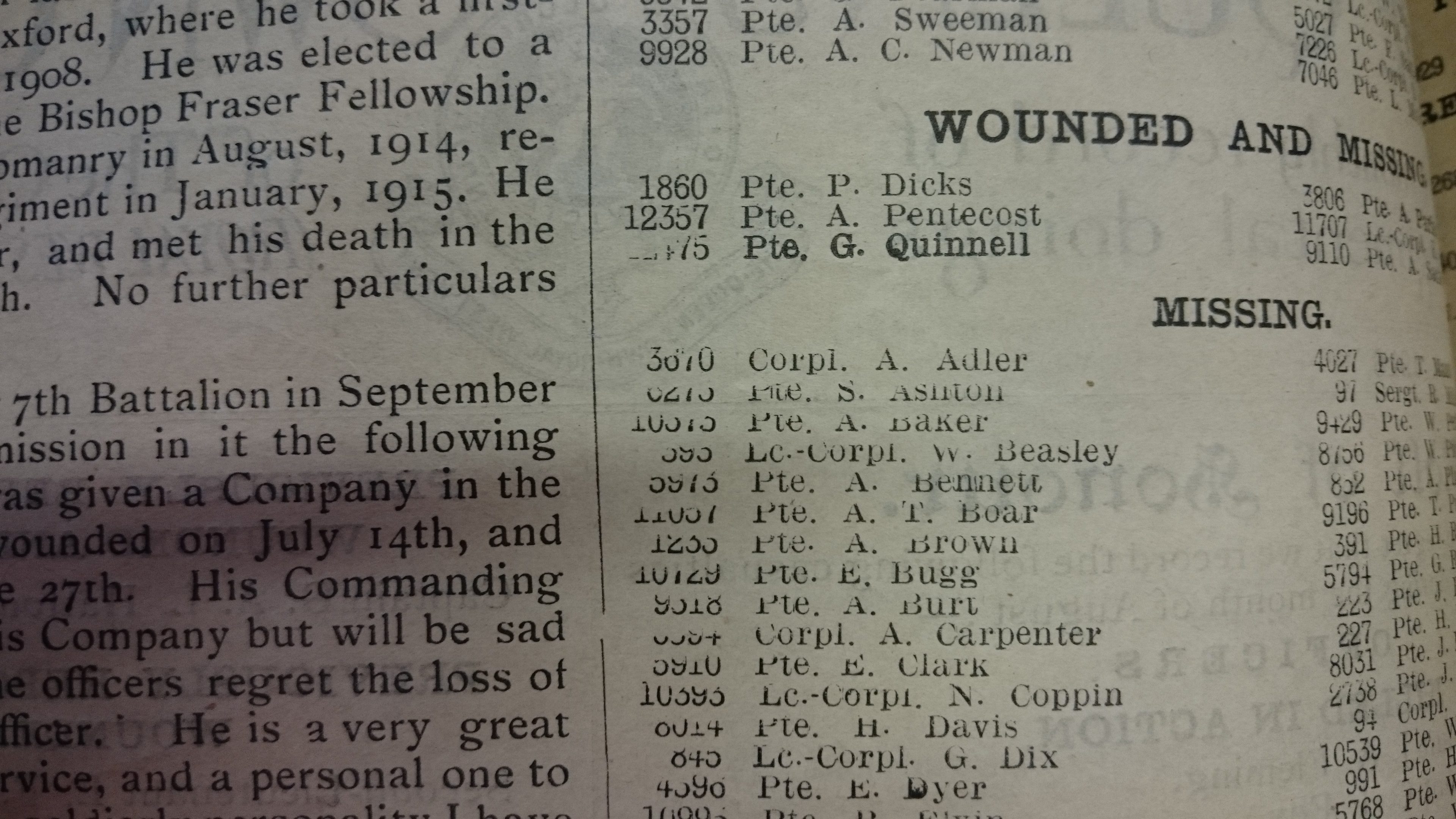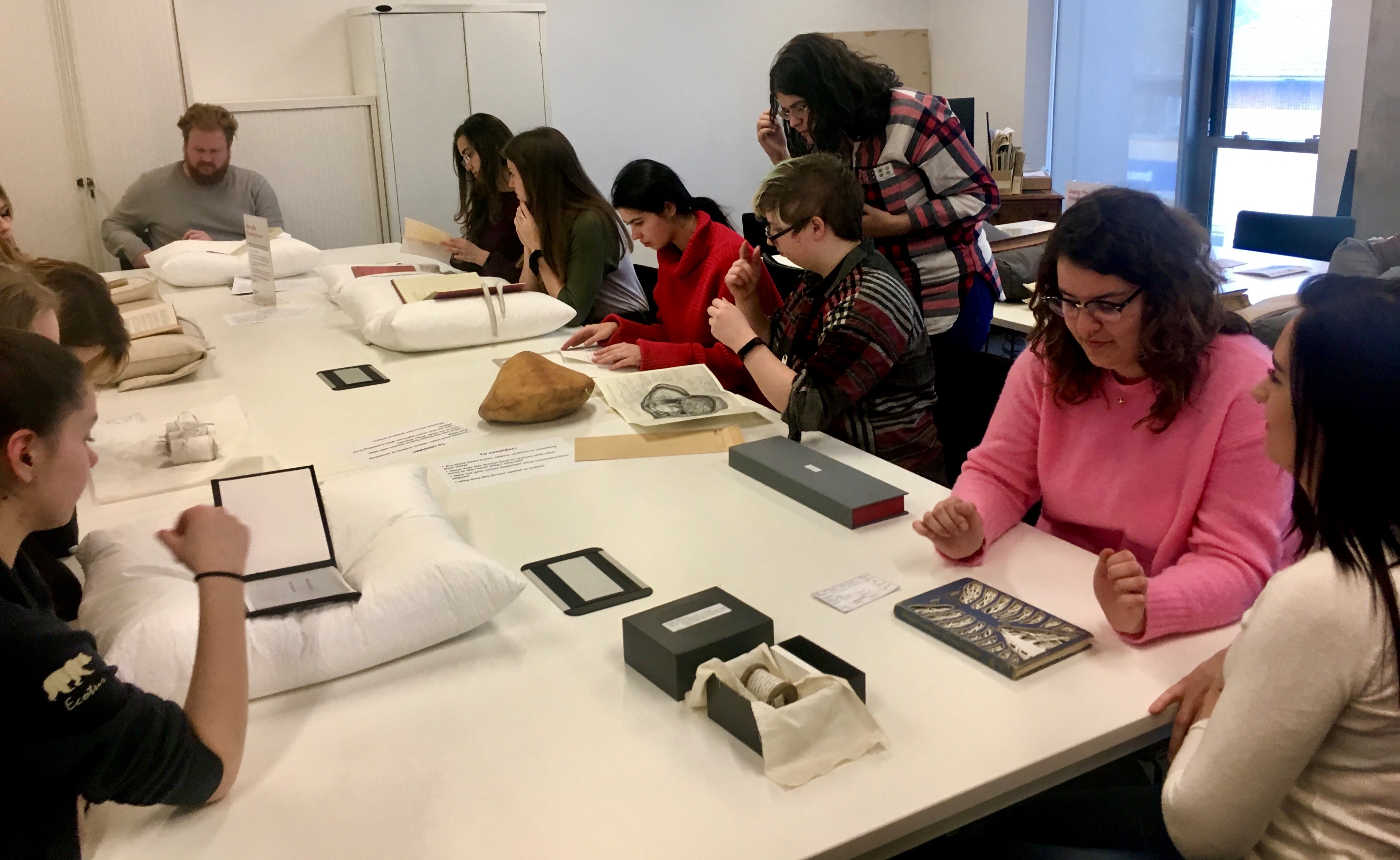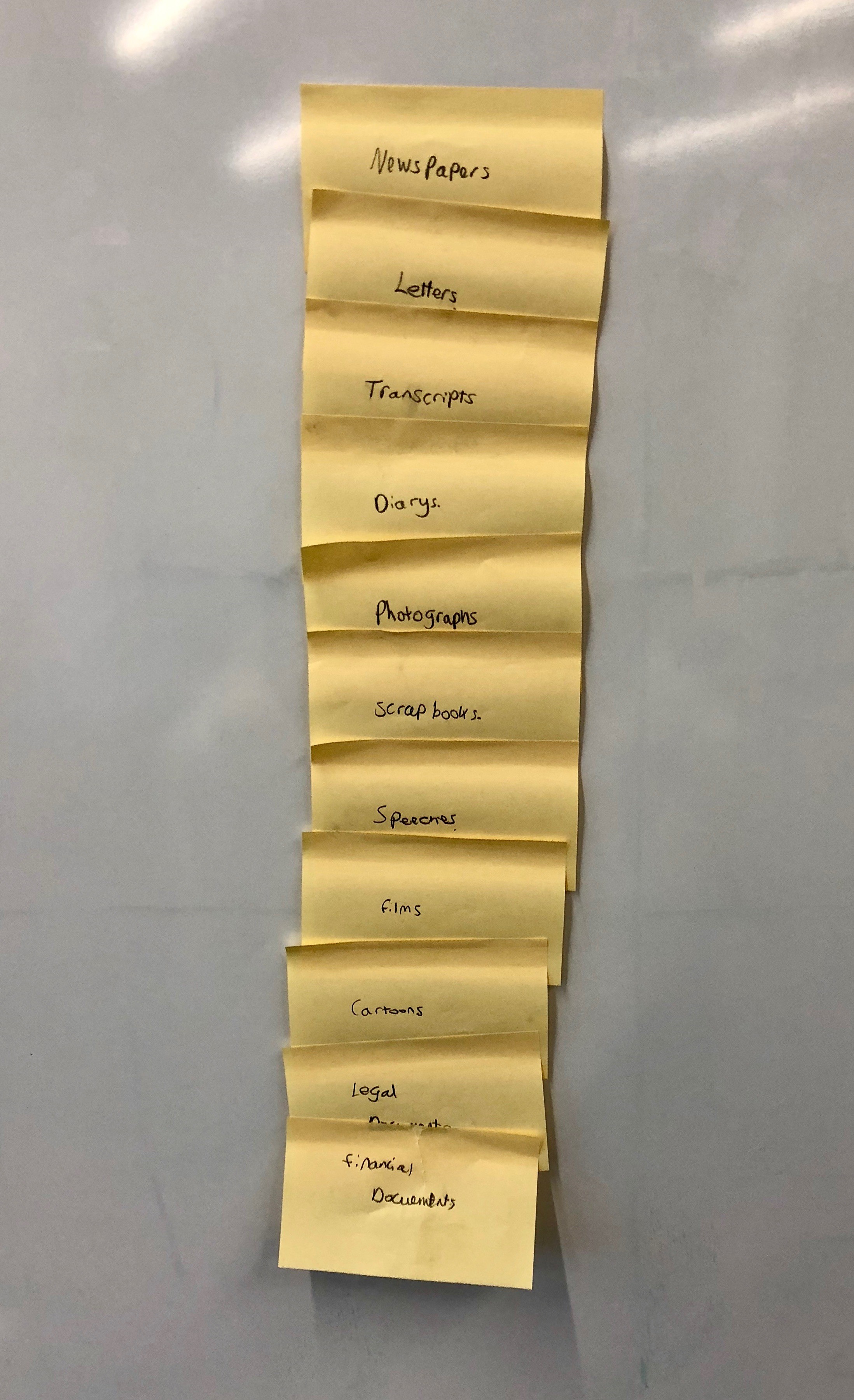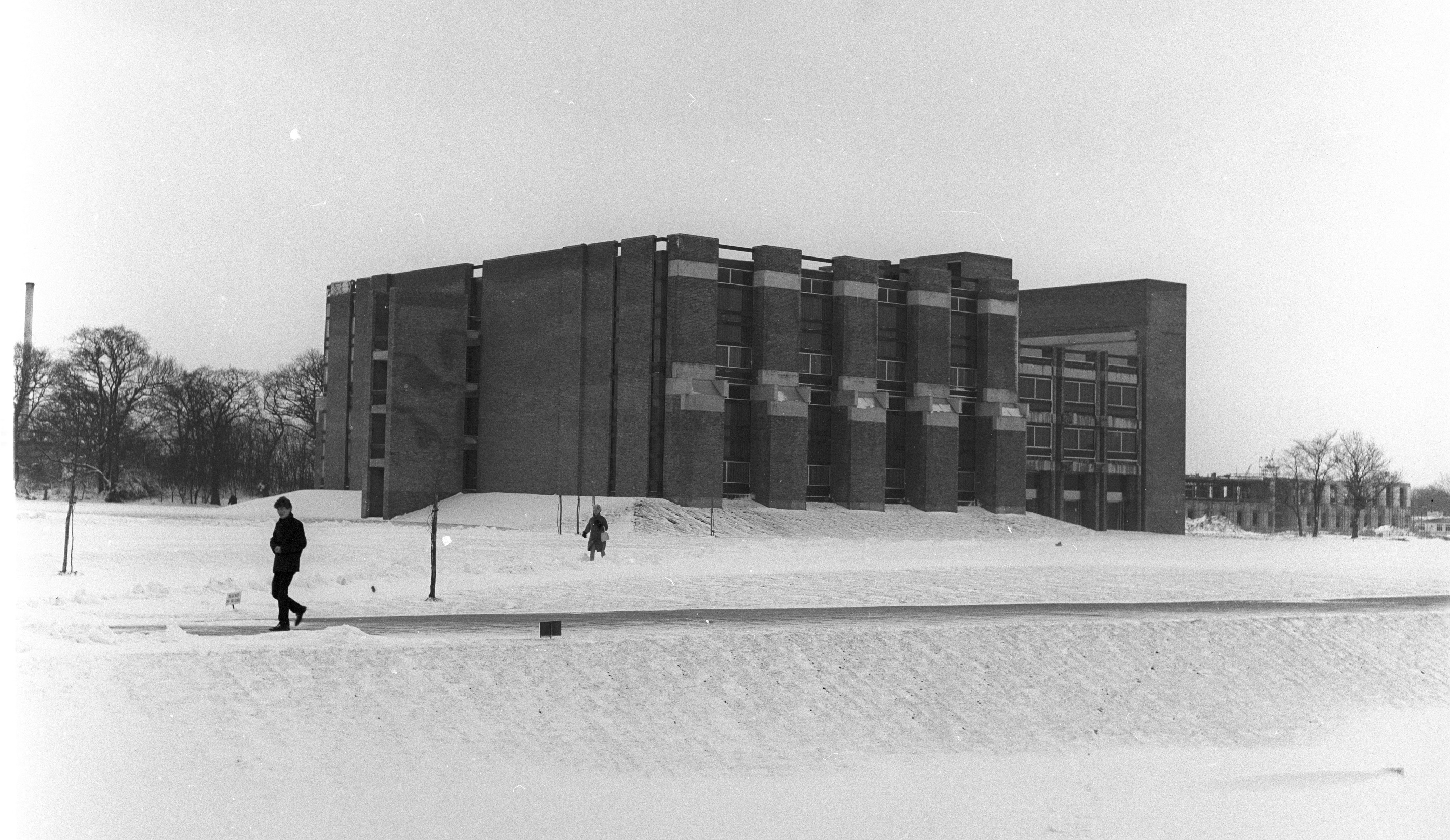I don’t know about you, dear readers, but the end of the year has crept up on us remarkably stealthily! (Although all the Christmas decorations and festive events around campus may argue otherwise…) With that in mind, we thought we’d take a look back at 2018 and share with you our particular highlights – work you may know about, projects you may not, or collections that are waiting for you to explore them.
In no particular order…
Karen (Special Collections & Archives Manager): “2018 has been a fantastic year for Special Collections and Archives. In February we welcomed our new University Archivist, Tom, who began work almost immediately on the fabulous “Our Templeman” Exhibition. The exhibition was created to celebrate the completion of the library extension and refurbishment as well as 50 years since the Templeman Library first opened its doors.
In March we had a party! We were very excited and proud to receive the National Archives Accreditation Award – and of course like all good parties we had a cake. In the summer we were lucky to be able to recruit two Bursary funded Interns. Janee and Philip spent the summer working on the Maddison collection and revealed some interesting discoveries from this science collection through a series of blog posts and pop-up sessions.
Tom Ritchie needed a venue to demonstrate a Meccano based reconstruction. SC&A were happy to play host to Tom and the Meccano Men (they are real people!). We eagerly watched as the Differential Analyser was constructed and then opened the doors to a whole host of diverse people who were interested to see how meccano played an important role in the development of computers.
And just to whet your appetite about what is to come next year – in the summer we received a new collection, which focuses on the history of Music Hall – in the New Year we will reveal more about it but here is a taster of what is to come…”
Helen (Library Assistant, Curation & Metadata): “The ‘Prescriptions’ exhibition of artists’ books, on wellbeing and medicine, took place at the Beaney House of Art and Knowledge in 2016. Books by 82 artists, from 15 countries exhibited their work and many of them subsequently donated or deposited their works at the University of Kent’s Special Collections and Archives. The books deal with topics including “cancer, chronic illness, disability, mental health, surgery, medicine and wellbeing” (Bolaki & Ciricaite, 2017).
Working with these poignant, and sometimes harrowing, books proved to be a rewarding challenge. It was very moving to handle a succession of very personal artworks, created with care and documenting painful experiences. The collection as a whole captures a great breadth of different experiences. Many of the artists faced an initial shock and disruption around a diagnosis but came to terms with their illness and made peace with the impact it had on their lives. My experience cataloguing the collection took a similar trajectory, from a sense of intrusion and uncertainty to acceptance and even comfort.”
Rachel (Library Assistant, Curation & Metadata): “It’s been great to be part of a project to catalogue and digitise material from the Queen’s Own Buffs The Royal Kent Regiment Collection. It contains material from the Buffs (Royal East Kent Regiment) and the Queen’s Own Royal West Kent regiment who merged in the 1960s. There’s a variety of material in the collection, ranging from prisoner of war accounts to the Buffs Golfing Society records, as well as plenty of books surrounding the history of the Buffs, who are one of the oldest regiments of the British Army, tracing their roots back to the 16th century. As part of my work I spent a lot of time with the Dragon and the Queen’s Own Gazette, the regimental journals of the two regiments. They’re full of information on the history of the regiments, as well as plenty of reports of their leisure time, giving a fantastically detailed picture of life in these regiments from the late 19th century onwards.
My personal highlight was finding Pte. A. Baker listed as missing in an issue of The Queen’s Own Gazette from 1916. Arthur Percy Baker was my great great uncle who worked as a train conductor before the First World War. He died at the Somme in July 1916 and is one of the 72,000 men listed on the Thiepval Memorial.”
Jo (Senior Library Assistant, Special Collections & Archives): “This year we’ve been full steam ahead with our education and engagement offering, welcoming over 900 visitors through group sessions in the Autumn Term alone! It’s always brilliant to see people who’ve never looked at or touched historic material before engage with our collections, but two particular sessions stand out:
In the Spring Term, we revamped our sessions to support a final year English course where students write and self-publish their own book. In previous years, groups have come in to look at modern poetry exclusively – but this year we pushed things a bit beyond that. One Reading Room table focused on a history of print from the early modern period to the present day – spanning everything from rare books to playbills and zines. The other table was split into modern poetry on one section and artists books on the other. By looking at the history of print material first, students were then able to see how contemporary works play on printing traditions – and it worked so well, we could barely get them to leave after three hours!
In the Autumn Term, we undertook the obviously-very-small challenge of welcoming every single first year History student into Special Collections & Archives through their mandatory ‘Making History’ course. Using some of the reading I’ve inhaled through my MA, we planned a detailed 50 minute session that was split into parts – and included hiding the archive material in boxes so students couldn’t get distracted from the first activity about physical and digital archives. We’re looking forward to working with the School of History further to improve our support next year, but it really was wonderful to meet the very enthusiastic first years.”
Tom (University Archivist): “My highlight of 2018 was working on the exhibition the “Our Templeman” celebrations in March, marking the completion of the Templeman extension and refurbishment and the 50th anniversary of the library first opening. This was one of the first tasks given to me after starting work here in February and it allowed me to totally immerse myself in the University Archive in digging out a pictorial history of the library. It also allowed us to showcase some of our amazing other collections. We brought it out again for the start of the new academic year and it was great seeing how many staff, students and alumni engaged with it.”
Elspeth (Digital Archivist): “I’ve loved having the opportunity to explore two oral history collections from Special Collections & Archives through digitisation and cataloguing. The collections comprise unique, original oral history recordings, which are not archived in any other institution or heritage centre. They were recorded on reel-to-reel tapes, now an obsolete format, in the late 1960s and 1970s, so it is fantastic that we were able to have these digitised to ensure that the testimonies included on them are preserved and able to be made accessible.
The first of the two oral history collections, The Barker Oral History Tapes collection, comprises interviews with c. 100 people in Kent recorded in the late 1960s. The interviews were part of an oral history project, funded by the ESRC, directed by Professor Theo Barker (founding professor of Economic and Social History at the University of Kent in 1964) and John Whyman (Lecturer in Economic and Social History and Master of Rutherford 1996-1997), who were interviewing older respondents for their memories of life in Kent before 1900. Barker was an early supporter of oral history as a research methodology, and he became the Oral History Society’s first Chairman in 1973. The second collection is the Winstanley Oral History Collection. This collection comprises interviews with over 160 people in Kent (mainly east Kent), recorded between 1974 and 1976. The recordings were undertaken as part of an SSRC-funded oral history project (called ‘Everyday Life in Kent before 1914’), looking at life in Kent at the turn of the 20th century.
Both collections, and the first-hand testimony within them, is unique. The interviews provide insight into life in the county in the period between 1890 and 1950 (although the focus is on life at the turn of the century), and cover topics such as work, industry, society, war, community, and women’s history. The testimonies will also provide a linguistics resource, providing a rich resource for those studying dialect and the changes in Kent dialect over time. The recordings can be accessed via the Special Collections & Archives reading room (email specialcollections@kent.ac.uk).“
What’s been your highlight of 2018? Let us know below!
We’d like to wish all of our readers a very Merry Christmas and a Happy New Year! Our Reading Room is closed from the 19th December 2018 and will reopen on January 14th 2019. This slightly longer-than-normal closure period allows us a week to develop our collections, so we’ll be spending 5 days in January working on exciting projects in our storage areas!


